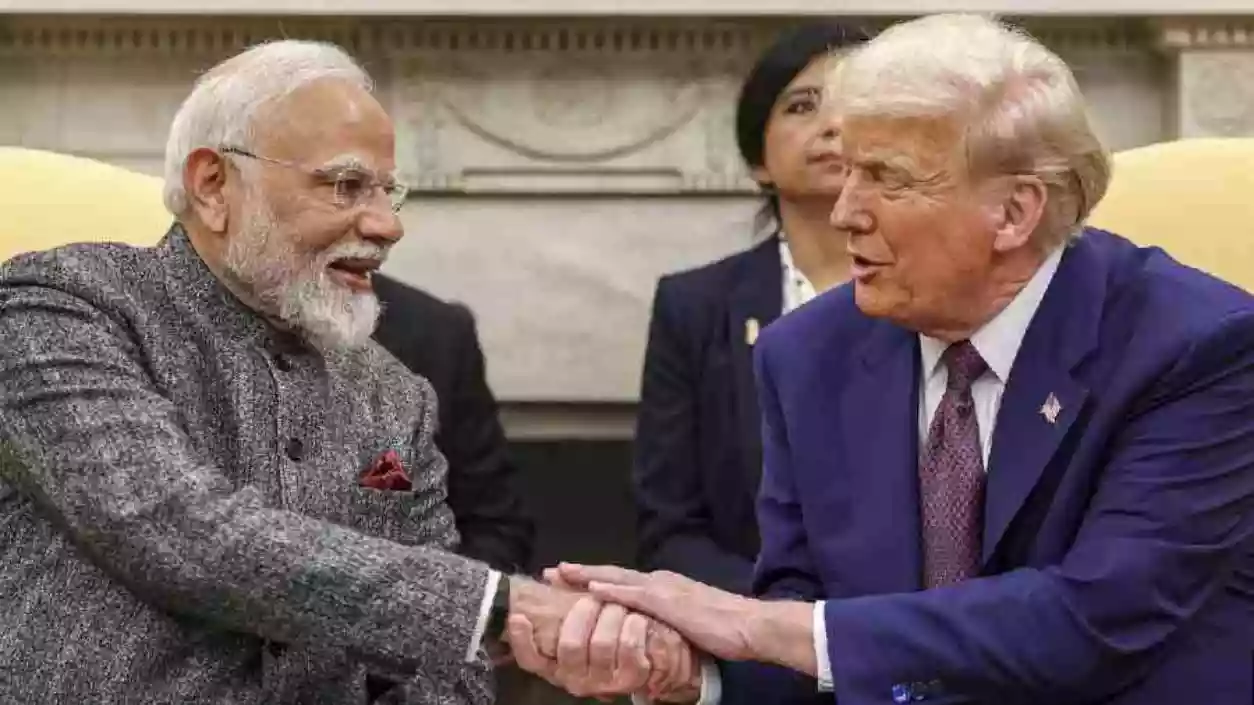Protests erupt outside Kasba Police station as 3 arrested in alleged Kolkata college gang rape
.gif)
.gif)

The United States is set to implement reciprocal tariffs starting April 2, targeting countries that impose high tariffs on American goods. The White House has specifically called out India for its 100% tariff on US agricultural products, which it claims has made it nearly impossible for American goods to enter certain foreign markets. According to White House Press Secretary Karoline Leavitt, these high tariffs have severely restricted the flow of US exports, undermining American businesses and workers.
Leavitt highlighted other countries with similarly high trade barriers. The European Union imposes a 50% tariff on American dairy, while Japan imposes a 700% tariff on US rice, and Canada levies a nearly 300% tariff on American butter and cheese. These practices have placed significant pressure on US businesses, making it increasingly difficult for them to compete in foreign markets, Leavitt explained.
The reciprocal tariffs, which President Donald Trump refers to as a "big game-changer," are aimed at addressing these trade imbalances. The White House has stated that these new tariffs will be applied universally, meaning that countries imposing high tariffs on US goods will now face equivalent measures from the US. This move is part of Trump's broader strategy to ensure that American exports are treated fairly on the global stage.
President Trump had previously described the tariffs as "temporary," but emphasized that the new measures would be more substantial and permanent. The administration is finalizing plans for the implementation of these tariffs, with Leavitt stating that the President's team of trade advisors is working to ensure the new policies align with US interests and promote fair trade practices.
Leavitt also referenced the broader impact of these tariffs, which have driven many US businesses to the brink of collapse. She explained that high tariffs from other nations have led to job losses and significant economic strain for American companies. The upcoming tariffs are seen as an effort to rebalance trade relations and put an end to what the administration describes as "unfair" trade practices.
While the specifics of the new tariffs have not yet been fully disclosed, Leavitt confirmed that the announcement will be made on April 2. The White House aims to ensure that reciprocity is at the core of these changes, and President Trump is expected to provide more details about the plan in the coming days. The US administration hopes that the new tariffs will ultimately level the playing field for American exporters.